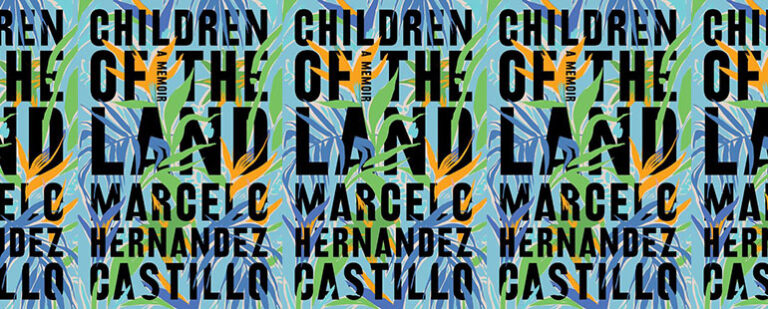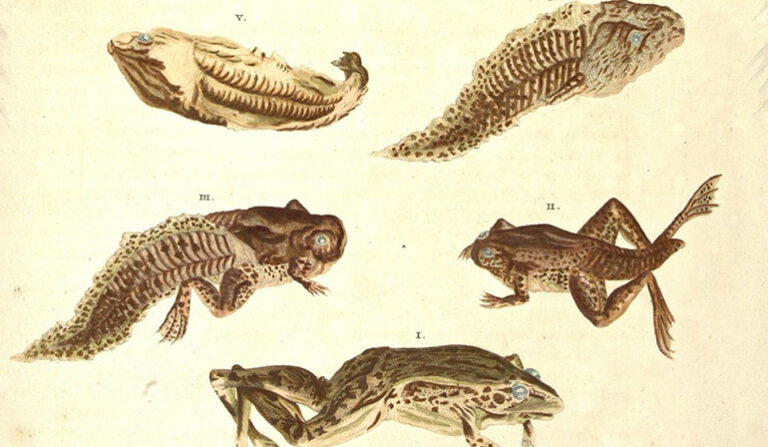Hearing Voices: Women Versing Life presents Jane Springer & Murder Ballad
I don’t want to write this review the way I’m expected to write it. I know I should keep the “I” out and pretend the thoughts I’m about to express come from some objective intellectual place separate from who I am as a person with a history. I could write it that way—I am capable of that— but Jane Springer’s Murder Ballad deserves something more honest. Maybe honest is the wrong word, because reviews are intended to be honest, even if the reviewer holds the book at arm’s length. I guess the word I’m looking for is intimate.
Yes, intimate, because Murder Ballad, which won the 2011 Beatrice Hawley award and was released by Alice James Books last month, is a tangled ode to the South, filled with coon stew, frog guts, pig shit, the violence of rape, slavery, and regret. Springer wrote it with the deep, sisterly love of a drunken, wayward brother she knows better than anyone. While I’ve never spent time in a swamp— I grew up in the foothills of California and passed my days following parched Manzanita trails to the river, watching my family fight roosters and slaughter cows— Murder Ballad’s passion and home heartsickness resonated with me.
“I know/ how the womb becomes a salt-sea grave” Springer writes in “Salt Hill,” the opening poem in the second section of Murder Ballad, and it’s clear that the womb here echoes of home as the poem continues, “I was born in the last seconds of small crops & small change . . . girls wearing white gloves to funerals.”
The book’s title, Murder Ballad, reflects the interweaving of horror and beauty found within its pages, as a murder ballad is a traditional folk song that tells the murderer’s tale— an ugly story told gracefully. “Pretty Polly,” the specific ballad to which the title refers, begins, “Who made the banjo sad & wrong?/ Who made the luckless girl & hellbound boy?” and I can’t help but think of William Blake’s lines, “Little Lamb, who made thee?” and Blake’s answer, of course: God. Springer, though, ends her poem conversely, “Tell me how to erase the ancient, violent beauty/ in the devil of not loving what we love.”
Most murder ballads end with justice or vengeance, and “Pretty Polly” is no exception, but the dead stays dead (or ghostly), and there’s no taking it back. Murder Ballad seems to suggest that where we come from will always be home, and there’s no giving it back; It is what it is, and we might as well be true to it.
Pretty Polly
Polly, pretty Polly, would you think me unkind
Polly, pretty Polly, would you think me unkind
if I sat down beside you and told you my mind
My mind is to marry and never to part
My mind is to marry and never to part,
The first time I saw you it wounded my heart
Polly, pretty Polly, come and go along with me
Polly, pretty Polly, come and go along with me
Before we get married some pleasure to seek
He led her over mountains and valleys so deep
He led her over mountains and valleys so deep
Polly misjudged him and she began to weep
Sayin’ “Willie, Oh Willie, I’m afraid of your ways”
Willie, Oh Willie, I’m afraid of your ways”
The way you’ve been ramblin’ you’d lead me astray
He said “Polly, pretty Polly, your guess is about right.
Polly, pretty Polly, your guess is about right,
I dug on your grave the best part of last night
She followed him a little farther and what did she find
She followed him a little farther and what did she find
A new dug grave and a spade lyin’ by
She knelt down before him and begged for her life
She knelt down before him and begged for her life
Sayin’ “Let me be a single girl if I can’t be your wife”
“Polly, pretty polly that never could be.
Polly, pretty polly that never could be,
Your fast reputation’s been trouble to me
He stabbed her through the heart and her heart’s blood did flow
He stabbed her through the heart and her heart’s blood did flow
And into the grave Pretty Polly did go.
He went to the jailhouse and what did he say
He went to the jailhouse and what did he say
I’ve killed pretty Polly and I’m tryin’ to get away
Traditional Folk Ballad
———-
Jane Springer is the author of Dear Blackbird, (Agha Shahid Ali prize, 2007) and Murder Ballad (Beatrice Hawley award, 2012). Her other honors include a Pushcart, the Robert Penn Warren prize, an NEA grant and a Whiting Writers’ award. She teaches poetry at Hamilton College, in upstate, New York, where she lives with her husband, John Powell, their son Morrison and their two dogs, Walter Woofus and Maple.


